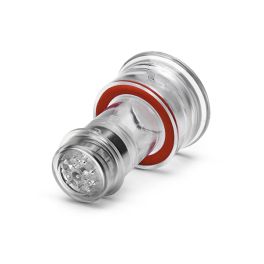Eczema or dermatitis as it is sometimes called is a chronic skin condition that causes the skin to become itchy, reddened, dry and cracked. In more severe forms the skin can become broken, raw and bleeding.
Atopic eczema is the most common form of eczema, and mainly affects children. It is usually inherited and affects parts of the body where the skin creases, such as the backs of the knees and the front of the elbows, as well as the chest, face and neck.
The exact cause of atopic eczema is unknown, but it often occurs in people who are prone to allergies (‘atopic’ means sensitivity to allergens). Also often seen in people who also have hay fever or asthma.
Factors that may cause atopic dermatitis (allergens) include environmental factors like moulds, pollen, or pollutants; contact irritants like soaps, detergents, nickel, or perfumes; food allergies; or other allergies.
Contact dermatitis is a localized reaction that includes redness, itching, and burning in areas where the skin has come into contact with an allergen or with a general irritant such as an acid, a cleaning agent, or other chemicals. Other examples of contact eczema include reactions to laundry detergents, soaps, nickel, cosmetics, fabrics, clothing, and perfume.
Seborrhoeic eczema is also very common and usually shows up in areas rich in sebaceous (grease) glands, like the forehead, scalp and side of the nose.
Although there is no cure, most people can effectively manage their disease with steroid ointments and regular moisturising emollients, and by avoiding irritants.
Symptoms may flare up and then disappear for a period of time before reappearing. Recognising ‘triggers’ that cause your eczema to flare up can be an effective measure in managing the symptoms. Some people may have flare-ups of the itchy rash in response to certain substances or conditions. For some coming into contact with rough or coarse materials may cause the skin to become itchy. For others feeling too hot or too cold, exposure to certain household products such as soap or detergent, or coming into contact with animal dander may cause an outbreak. Upper respiratory infections or colds may also be triggers. Stress can cause the condition to worsen.
Andrea
x
Cosmetic Nurse Practitioner
For more information on Seborrhoeic Dermatitis, read our skincare guide, How to treat Seborrheic Dermatitis written by Dermacare's aesthetics experts.






















